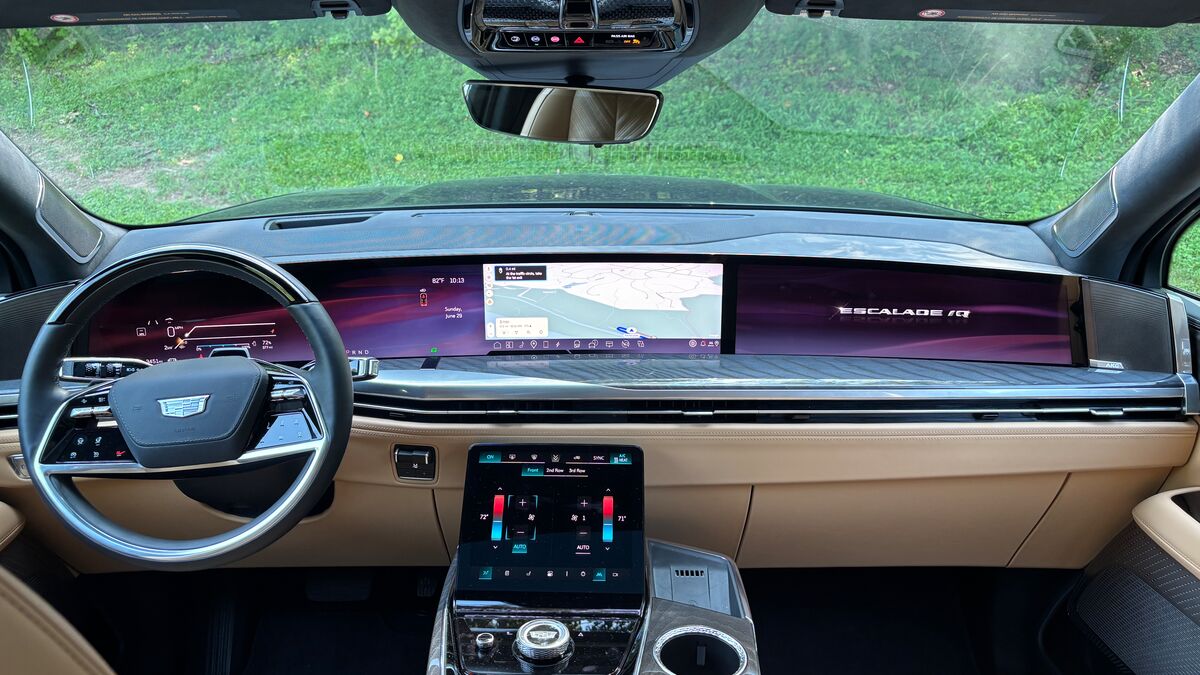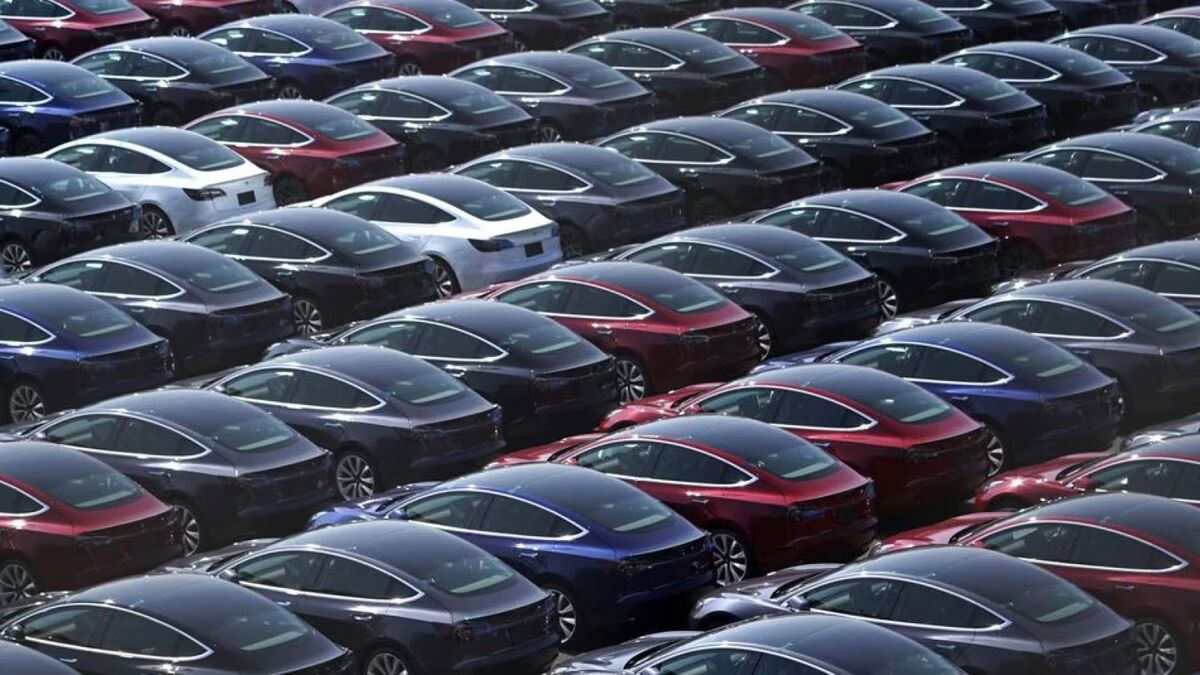Car News

Driving the 2026 Cadillac Vistiq Sport
Our week driving Cadillac's new electric "baby Escalade" reveals a well-designed model that shouldn't live in the Escalade's shadow.

Startup VinFast Starts Shrinking
Electric vehicle (EV) startup VinFast has begun shuttering some dealerships. Others appear to have no inventory to sell.

Study: The Priciest Cars Will Continue to Sell Well
A new study suggests that cars priced over $100,000 will see sales growth over the next few years even if lower-priced cars stagnate.

Nissan Plans to Double NISMO Lineup
A new report says Nissan plans to enhance its high-performance NISMO lineup as part of a recovery plan after a rough sales year.

Report: Toyota May Bring Back Scion, but Not Like It Was
A new report says Toyota may resurrect its Scion brand as a mobility company focused on vehicles other than cars.

GM Adds Apple Music to Infotainment
GM has will add streaming Apple Music to its infotainment system, replicating some parts of the Apple CarPlay system found in most cars.

2026 Honda Accord Starts at $29,590
Honda's excellent Accord midsize sedan will get only modest tech updates for 2026, but keep its price nearly unchanged.

Wholesale Used Car Prices Inch Up
The wholesale prices dealers pay for used cars ticked up early in December. Retail prices are likely to follow in late January.

Car Thefts Fell in Early 2025
Car theft fell 23% in the first six months of 2025, with four Hyundai and Kia models remaining among the most-stolen cars.

Tesla May Lose Right to Sell Cars in California for 30 Days
The California DMV announced this week that it will suspend Tesla’s license to sell cars for 30 days because of misleading marketing.

Mopar Wants to Put an Ugly Christmas Sweater on Your Jeep
Mopar and Mek Magnet are selling specialized Trail Armor decorations that wrap your Jeep in an ugly holiday sweater design.

EVs Made up Just 5.4% of New Car Sales in November
Just 5.4% of the cars Americans bought in November were electric, down from 11.6% in September, according to Cox Automotive.

Hyundai, Kia Will Retrofit 4 Million Cars to Combat Thefts
Kia and Hyundai will install armored ignition cylinders in 4 million older cars and reimburse some owners for damages in attempted thefts.

Nissan, Infiniti Launch Car Audio Tuned to Your Ears
Nissan's new sound system lets drivers take a hearing test, then configure the audio to their specific preferences.